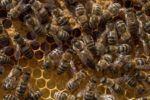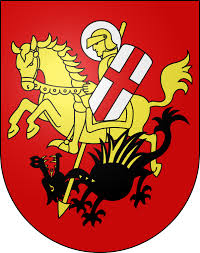
There are an infinite number of different flavours in the world. Unfortunately, we will only ever try a few of these. That makes the Munchachos quite sad, but we can all do something to change it!
Trying new foods may sound risky at first but what is the worst that can happen? You just spit it out… You won’t know if you like or dislike something until you try it! So go on, be adventurous and read below about our top 3 reasons to keep exploring!
Why Try New Food?
There are so many reasons to try new foods. Here are our top 3:
Learn About Different People
Food is an amazing way to discover cultures and countries. Learn how people from different countries eat, what they eat and the reasons why. Is it easier to grow in the country due to its climate? Has it got something to do with the country’s history? Is it due to trading with a neighbouring countries?
Fun fact #1: Chocolate was used as a currency by the ancient Aztecs.
Fun fact #2: Honey never goes rotten! Edible forms of honey have been found in ancient Egyptian tombs!

Become Healthier and More Creative
By exploring new foods you benefit from a more varied and balanced diet and allow your body to gain nutrients from new sources. The more nutrients, the stronger and healthier you will be. Our palate can learn just like our brain! We try a new food, fall in love with a new flavour, discover a new ingredient and learn what it goes well with.
Now we can recognise it, mix and match it with other flavours and create delicious recipes. Check out our blog for easy nutritious examples that will get you creating in the kitchen!
Connect with Friends
Adventures as so rewarding! Impress your family and friends with your knowledge of different foods and countries. Try new things and set an example. Encourage them to have an open mind too! How fun would it be if you went around to your friend’s house after school and knew all about what was for dinner! Or better yet if you travelled to a new country and already knew some of its flavours and favourite foods!
Come on, who wouldn’t want to explore new foods? Why don’t you start your flavourful adventures with some yummy Munchables designed by nutritionists especially for children? You have so much to gain!
How To Do It?
You don’t have to start with any scary foods. Just be curious and make sure you start exploring! The Munchachos thought this through very carefully and created the Munchables just for you!
You may not like something the first time you try it. But give it another shot! Try think about what you didn’t like – Was it the texture? The smell? Or the taste?
How Does This Relate to Who We Are and What We Do?
Amazing things will happen when you try new foods. At Munchachos HQ, we love learning about new countries and cultures, mainly through food. It is the perfect way to become Worldwise, healthier and more creative. Read more about it here and here!
Sign up to Munchachos here and download our FREE app to explore, have fun, learn loads and get worldwise.





